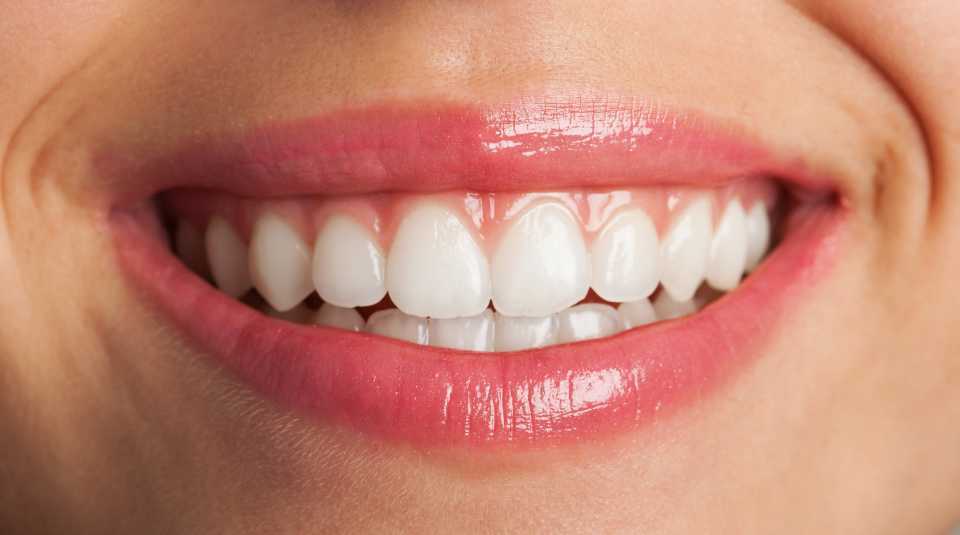10/16/2012 | By: Guest Contributor
Turkey is an increasingly popular travel destination that attracts more and more visitors each year. It enjoys an advantageous geographic location which straddles three key regions: Asia, the Middle East and Europe making it one of the world’s most accessible countries in the world.
There are a plethora of purposes to visit Turkey: tourism, health care or sun pilgrimage. For travelers intending to receive medical care in Turkey-- this will come as good news!
The Turkish government has raised the standards of health care and introduced subsidized medical programs to meet the growing health needs in the region.
As a result, the Turkish health care system has become one most advanced and affordable in Europe drawing international patients from the Middle East, neighboring Europe countries- such as Romania, Russia and UK as well as Asia.
Just like any other destination, traveling to Turkey for health care requires due planning and early preparation. Find out what you can do to plan for a safe and successful medical trip to Turkey.
How to be Prepared for a Medical Trip to Turkey
It is extremely vital to visit your local doctor or medical provider before traveling in order to identify your immunization history and medical record. The most appropriate period to see your doctor is, at least, 4-6 weeks in advance to allow time for vaccines to take effect.
Even if you are tight on time, you should still visit your local physician to gain adequate medical information on how to protect yourself against illness and in case of injury while traveling.
If you are planning on traveling to other countries in the Middle East and Europe besides Turkey, it is wise to inform your doctor so s/he can provide you with tips on how to receive the appropriate vaccination for all of your intended destinations.
Make sure your routine vaccinations are up to date. Routine vaccines such as influenza, chickenpox, polio, measles/mumps/rubella (MMR), and diphtheria/pertussis/tetanus (DPT), poliovirus vaccine are given at all stages of life.
Hepatitis A or immune globulin (IG): it is recommended for people going to places with an intermediate or high level of hepatitis A virus infection where exposure might occur through food or water.
Hepatitis B: The vaccine is advised for individuals traveling to countries with intermediate to high levels of endemic HBV transmission, especially travelers who might be exposed to blood or body fluids, have sexual contact with local population, or be exposed through medical treatments for injury resulting from an accident.
Typhoid: Recommended for all unvaccinated people traveling to or working in the Middle East, especially if staying with friends or relatives or visiting smaller cities, villages, or rural areas where exposure might occur through food or water.
Rabies: Turkey is a hotbed for outdoor sports. For unvaccinated travelers spending a lot of time outdoors, particularly in rural areas, villages in Turkey involved in activities such as bicycling, camping or hiking-- rabies vaccination is strongly recommended. It is also advisable for travelers with significant occupational risks such as veterinarians or travelers involved in any activity that might bring them in direct contact with bats, carnivores or other mammals.
Malaria
Areas of Turkey with Malaria: Present in southeastern part of the country.
If you will be visiting an area of Turkey with malaria, you will need to discuss with your doctor the best ways for you to avoid getting sick with malaria. Ways to prevent malaria include the following:
Taking a prescription antimalarial drug
Using insect repellent and wearing long pants and sleeves to prevent mosquito bites
Sleeping in air-conditioned or well-screened rooms or using bednets
Primaquine is a good option for an antimalarial drug in Turkey. Atovaquone-proguanil, chloroquine, doxycycline, or mefloquine can also be used instead.
What Items to Bring When Traveling to Turkey for Medical Tourism
If you are on medication, make sure you have enough stock to last during your trip. Keep them in their original prescription bottles and always in your carry-on luggage.
But before you do, first check the airport security guidelines and screening procedures in the airport you will be landing in Turkey if the medicines are liquids.
Antimalarial drugs, if traveling to a malaria-risk area in Turkey and prescribed by your doctor.
Medicine for diarrhea, usually over-the-counter.
Pharmacies and drug dispensers in Turkey can be purchased over the counter; however be sure to ask your health-care provider to write a letter on office stationery stating the medication has been prescribed for you, in case your medication is not allowed.
Doctors in Turkey
Turkey has become the cornerstone of affordable quality health care in Europe allowing hundreds of patients to make significant savings on a variety of medical treatments including plastic surgery, hair transplant, laser eye surgery, fertility treatments, heart surgery and organ transplant.
Turkey plastic surgery is an alluring alternative to the high cost of cosmetic surgery treatments in countries like the UK, combining inexpensive medical quality service with a spectacular vacation.
Body contouring procedures such as tummy tuck Turkey, breast implants Istanbul and liposuction are among the highest in-demand plastic surgery treatments in Europe bringing top quality plastic surgeons to achieve the most natural and satisfying results.
Hair transplant in Turkey offer the latest technical advances and cutting-edge hair restoration techniques providing every patient the highest quality medical care and the most natural aesthetic surgery.
Turkey is pioneering destination for lasik eye surgery distinguished for employing the most successful methods of eye correction treatments. Laser eye surgeons in Turkey are dedicated to offering the best medical and surgical eye and vision care for local and international patients. Eye care clinics in Istanbul and Antalya are adequately equipped with the latest in lasik technology and eye correction techniques aiming to achieve the highest level of care to improve patients’ quality of life.
Turkey is one of the top international destinations for fertility treatments, specializing in IVF, ICSI, IUI, male and female infertility surgery. IVF Turkey confers you with a world of possibilities and life-changing experiences by many renowned infertility doctors.
Organ transplant centers in Turkey grant the gift of life to patients with organ failure of liver, kidney and bone marrow. The continuous shortage of donor lives, high increase of organ disease, spiking waiting time in Europe and US are all contributing factors that placed Turkey in a premium position.
The advanced technology involved and immediate medical attention provided to organ transplant patients give Turkey a edge among organ tranplant destinations.
Turkey organ transplant programs continue to be a life-saving option for many international patients searching for shorter waiting time and affordable medical service.
How to Stay Healthy when Traveling to Turkey
Be Careful about Food and Water: The most common diseases and illnesses such as vomiting and diarrhea are derived from food and water. Make sure to avoid un-pasteurized dairy products. Before eating, wash your hands often with soap and water- or alcohol based hand gel if water is not available.
Visas and Travel Regulations
Register with nearest US embassy or consulate thought the State Department’s travel registration website. Registration at the embassy will make your whereabouts known in case of emergency.
American Consulate General of Istanbul: İstinye Mahallesi, Üç Şehitler Sokak No.2, İstinye 34460 - Istanbul / Turkey. Phone: (90) 212-335 90 00
American Embassy of Ankara: 110 Atatürk Blvd. Kavaklıdere, 06100 Ankara - Turkey
Phone: (90-312) 455-5555
Visa, Entry and Exit Requirements: If you are traveling to Turkey for medical or tourist purposes, you can purchase a sticker visa at the Turkish airport or other port of entry for $20 (U.S.) cash.
There is one exception: foreigners who are traveling to Turkey by cruise ship are allowed to enter Turkey without a visa for a maximum period of 72 hours, with the permission given by the local security authorities at the port of entry.
Safe Travels!





